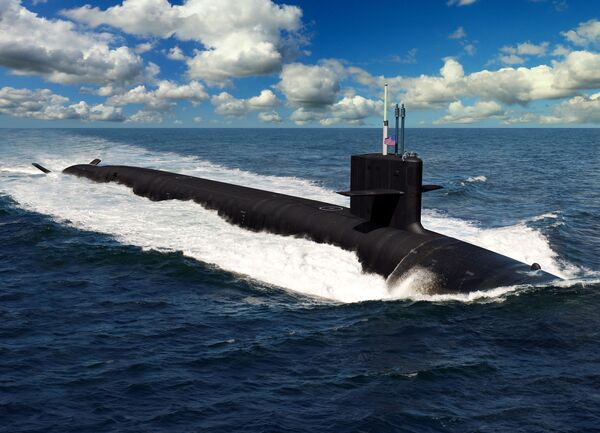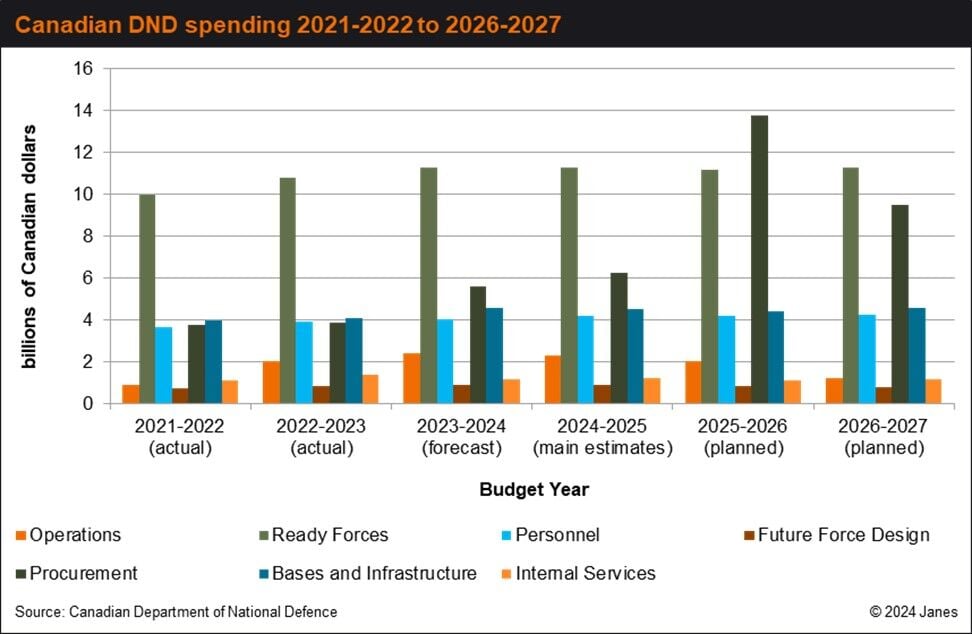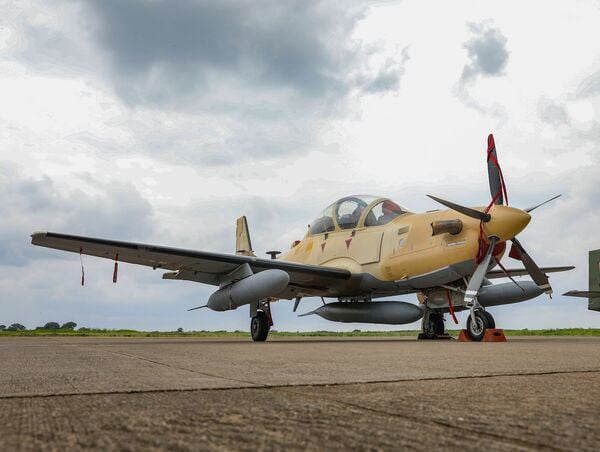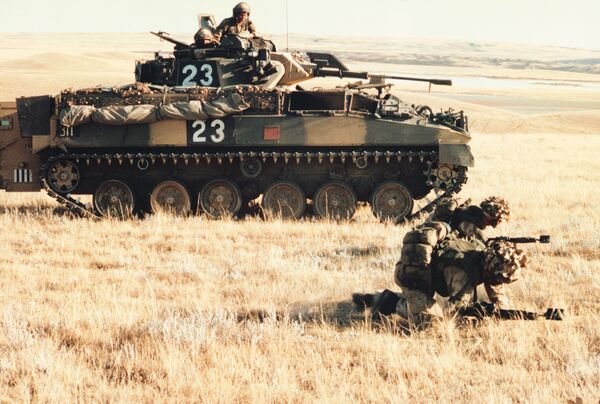- About
- Intara
- Capabilities
- Advisory
- Resources
- News
- Store
Prototyping keeps Columbia submarine programme on track, USN officials say
08 November 2022
by Michael Fabey


US Navy officials say land-based prototype testing is helping keep the Columbia-class submarine system on track. (US Navy)
Land-based prototyping has helped keep the Columbia-class strategic missile submarine programme on track for development and delivery, according to US Navy (USN) submarine officials.
“Nearly everything on the ship” has been tried or tested either through prototyping or installation on the Virginia-class attack submarines, Rear Admiral Douglas Perry, US Navy (USN) director of Undersea Warfare, said on 1 November during a media briefing at the Naval Submarine League 2022 Annual Symposium.
“The pumps and motors – we've been installing them on the Virginia class for a decade,” Rear Adm Perry said. “The electric drive – it's been running [as a prototype system]. Everything that is going on Columbia , most of that, has already been in operations.”
Rear Admiral Scott Pappano, programme executive officer of USN Strategic Submarines, agreed. “That's been very much part of the strategy,” he said during the symposium briefing.
Pappano said that the USN had planned to start building lead submarine USS Columbia – later renamed District of Columbia
Canada unveils CAD33.8 billion defence budget for 2024–25
18 April 2024
by Jeremiah Cushman


Actual and planned Canadian defence spending by category from 2021–22 to 2026–27. (Janes)
The Canadian government released its fiscal year (FY) 2024 defence budget on 16 April. The document projects spending of CAD33.8 billion (USD24.6 billion) in 2024–25, including adjustments from the Budget 2023 Refocusing Government Spending Exercise and incremental funding in the 2024 budget, although it warns that forecast amounts may change as programmes move through implementation. This is an increase from the forecast CAD29.9 billion spending in 2023–24, according to the document.
The 2024–25 main estimates produced by the Treasury Board projected defence spending of CAD30.6 billion, a small increase from the latest spending estimate for 2023–24, which totalled CAD30.3 billion. This is a 14% increase over the initial 2023–24 main estimate of CAD26.5 billion, according to Treasury Board figures. Expenditures in 2022–23 totalled CAD26.9 billion.
FIDAE 2024: Embraer sees market for 490 Super Tucanos
11 April 2024
by Zach Rosenberg


A Nigerian A-29 Super Tucano is pictured here. Embraer Defence CEO Bosco da Costa sees potential for up to 450 Super Tucanos over 20 years, including from Africa. (US Africa Command Public Affairs)
Embraer Defence & Security sees a market for up to 490 A-29 Super Tucano trainer and attack aircraft over the next two decades, Embraer president and CEO Bosco da Costa Jr told Janes on 10 April at the FIDAE 2024 airshow in Santiago, Chile.
“We are in touch with several countries around the world, not only here in South America, but we have some potential [customers] in Africa, in Asia, and in Europe as well,” said da Costa. “We are in advanced conversations with countries in Europe [and] in advanced conversations with countries in Asia. I cannot disclose the countries because the defence procurement process does not allow us to do that. But I assure you that we are now in a final stage in some of them.”
IT²EC 2024: Saab to continue supporting British Army live training
11 April 2024
by Olivia Savage


Saab has been contracted to upgrade the army's live training capability. Pictured are troops practising their debussing drills from a Saab DFWES-equipped Warrior infantry combat vehicle in Alberta. (Janes)
The British Army has signed a GBP60 million (USD75.7 million) three-year support contract with Saab to improve its live training capability.
The contract – Instrumented Live Training (ILT-D) – is replacing the existing Direct Fire Weapon Effects Simulator (DFWES) contract with Saab and will involve modernising its live training capabilities to improve interoperability and address obsolescence.
ILT-D is essentially a mid-life upgrade of the DFWES capability that will comprise upgrading and providing the latest soldier and vehicle training systems as well as EXCON software to ensure it remains relevant to the army's evolving training needs and is interoperable with its allies, Joakim Alhbin, the vice-president of Training and Simulation at Saab, informed Janes and other media representatives at the International Training Technology Exhibition & Conference (IT²EC) 2024.
DFWES is a laser-based Tactical Engagement Simulation (TES) capability that simulates direct and indirect fire.
Land-based prototyping has helped keep the Columbia-class strategic missile submarine programme on t...
Latest Podcasts
Iran Israel analysis
In this podcast Janes analysts discuss the Iranian attacks on Israel on the 14 April. They highlight the military systems used by Iran and the performance and impact of these on Israel. They also discuss the implications of this attack goi...
Listen nowJanes Case Studies
Using Janes Intara to build a common intelligence picture: Russian build up on the Ukrainian border
View Case StudyNews Categories
 Industry Details
Industry Details